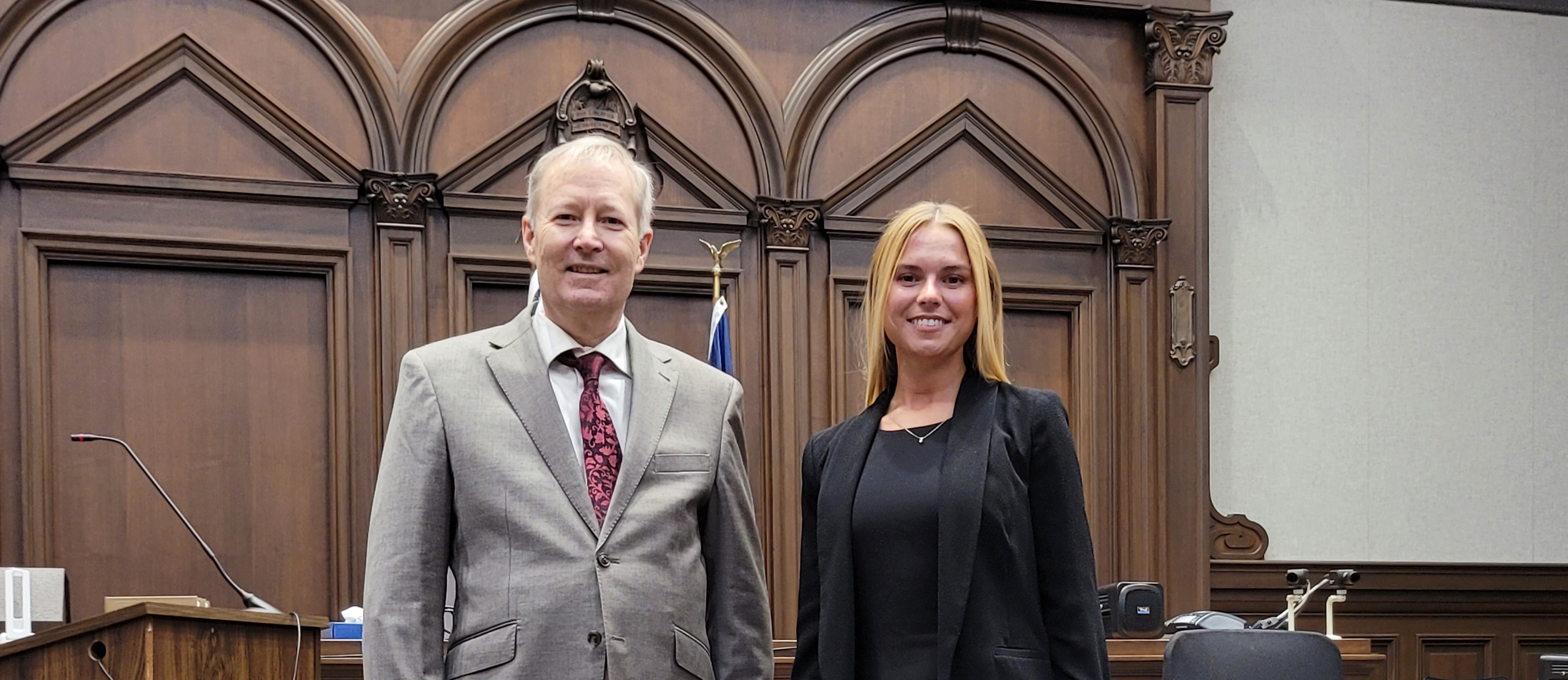Conflict Mitigators. Place Your Trust in Us

Ten Reasons You Should Have a Will
Have you ever wondered “Why should I have a Will?” To understand the importance of a Will you must understand what happens to your property if you die without a Will. This is a summary and there are exceptions to the discussion which follows. For the application of the laws to your specific situation, you should consult an attorney.
PROPERTY DIVISION WITHOUT A WILL: Property that is owned “jointly” with another person becomes the property of the survivor at the time of death. All life insurance proceeds and death benefits go to named beneficiaries. Annuities and other investments with named beneficiaries will be given to those named. Generally, all other property passes through the probate estate of the person who died.
The division of this property is determined by the laws of the state where the person resided or where real estate is located. In Iowa, the division of property where there is no Will is determined by the law of “intestate succession” (Iowa Code 633.211-633.223).
Just how the property remaining after payment of debts and estate charges is divided depends on a combination of marital history and descendants:
A. A person dies with a surviving spouse with no children belonging a prior mate: In this case, all property, whether real estate or personal property goes to the surviving spouse.
B. A person dies with a surviving spouse and children from a prior mate: The surviving spouse will receive one half of all real estate, all personal property “that, at the time of death, was in the hands of the decedent as head of the family” and one half of all other property. The rest is divided as discussed under C below. However, the surviving spouse gets at least $50,000.00.
C. A person dies without a spouse and has children: The natural and adopted children of the decedent share the estate equally as described in part D below.
D. Descendants: Children of the deceased share equally in the property. If a child has died without descendants, the child gets no share. If a child dies with descendants, that child’s share is divided equally between the child’s descendants at the next generation. If individuals further down the family tree have died, the distribution described in this paragraph repeats itself for each successive generation.
E. No surviving spouse/no descendants: All property goes to the deceased’s parents in equal shares and if one parent is alive, to that parent. If no parents are alive, then the property is given to the children of the parents under the rules of paragraph D.
F. (Escheat) Paragraphs D and E are repeated up the ancestral chain and if no relatives are found then the process of paragraphs D and E is repeated for any spouse and that spouse’s family tree. If a relative still can not be found the property goes to the state of Iowa.
Ten Common Reasons for Having a Will
1. To give a treasured heirloom or gift to a particular person.
2. To devise one’s own scheme of property distribution instead of the method dictated by the State’s laws of intestate succession.
3. To create a trust to manage assets and financially care for minor children or dependents.
4. To ensure that a present spouse, children from an earlier marriage, and step-children share assets of the estate in a manner considered more fair or realistic.
5. To equalize at death the inequities that may have been caused by more support or gifts going to one child during the life of the parent.
6. To equalize at death the benefit one person may receive because they have joint ownership of property compared to those who will only share in the benefits of the probate estate after death.
7. To give to a charity.
8. To advise the court as to who should care for minor children.
9. To control who handles financial affairs after death.
10. To plan in such a way as to reduce tax consequences of after-death transfers.
Use an Attorney
An attorney can stimulate your thoughts and aid your estate planning. An attorney understands how the form, order, and language of a Will may be interpreted by a court. Each person’s situation is unique and requires a unique Will.
For assistance in estate planning or to discuss how to create your own Will, request a consultation with Willems Law.

